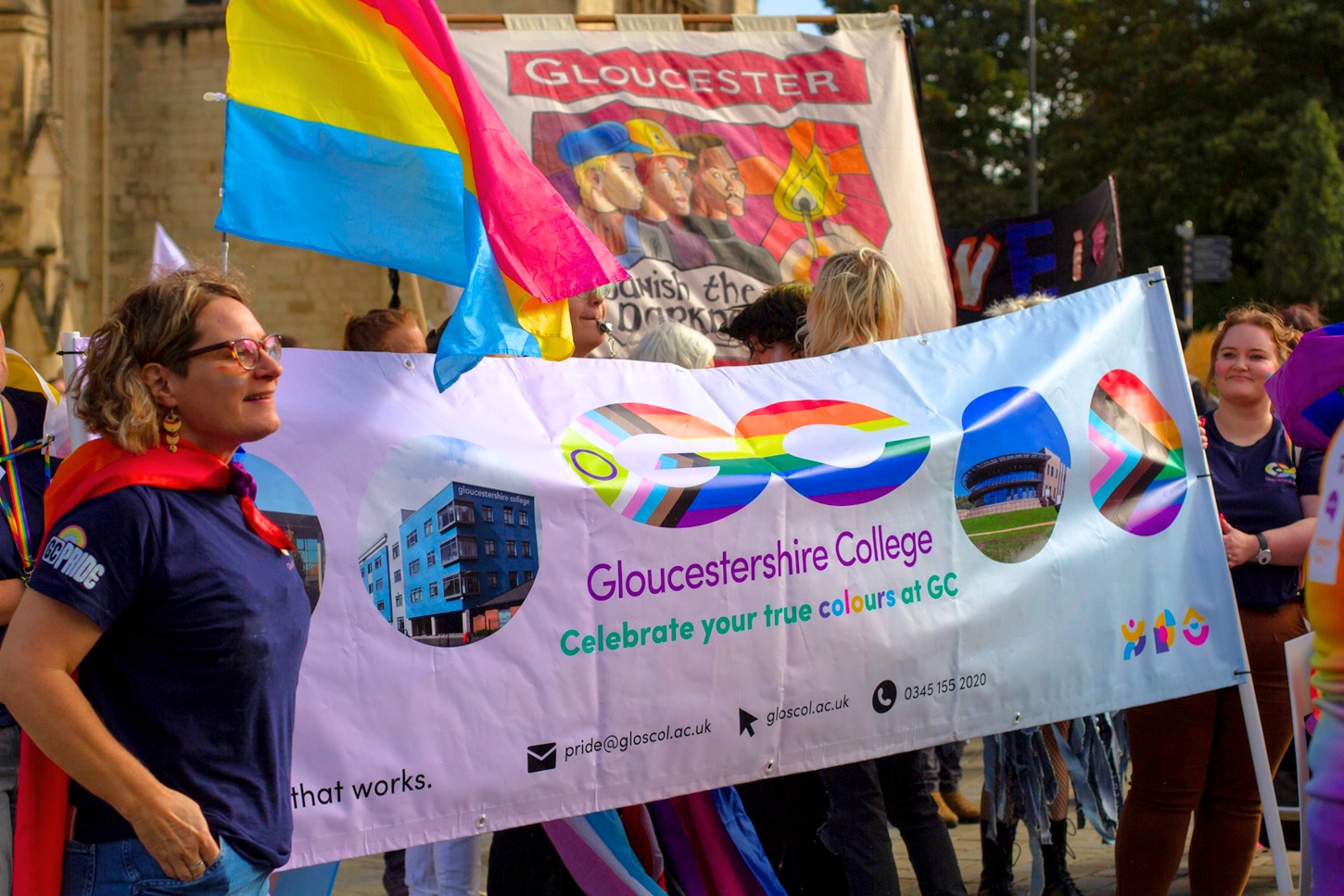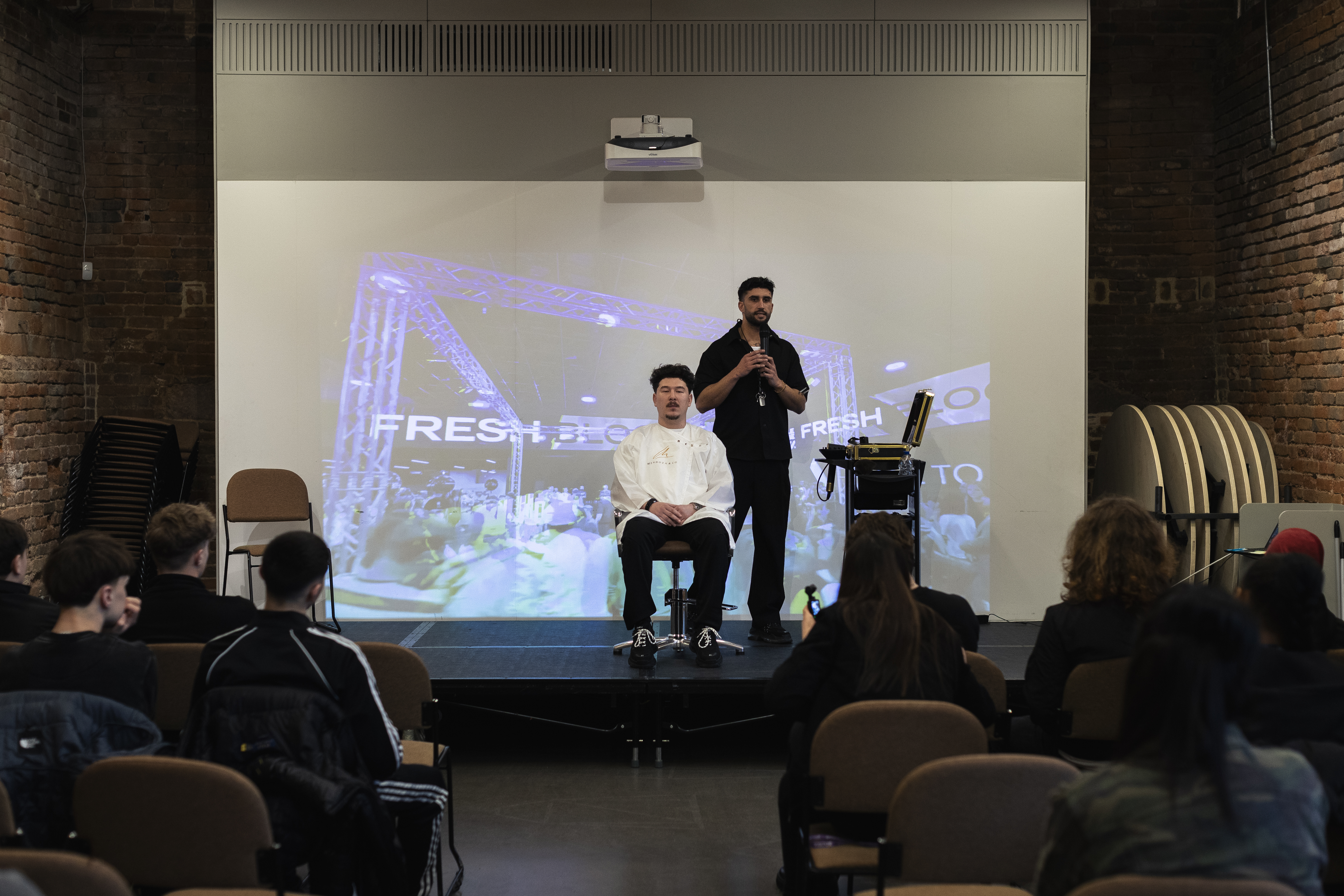20TH JAN 2023
Things to avoid when writing your personal statement


When you’re applying for university, writing your personal statement can feel like the biggest challenge. You’ll have to spend some time thinking about all the reasons you’d be a great fit for higher education - and telling universities why! But there are a few things best left unsaid. From the obvious to the not-so-obvious, we’ve put together a list of the top things that Admissions tutors are tired of seeing:
1. Cliches
So you’ve wanted to be an engineer/midwife/film director ever since you were little? There are a few common culprits, and this is one of the most common phrases that it’s best to avoid! It can instantly disengage whoever is reading your statement. Instead of using cliched language, try thinking about specific examples that show your interest in the subject.
2. Going off topic
You’ve got a very limited word count for your personal statement, so don’t waste words by going off on a tangent. You can use the ‘So WHAT?’ rule to help here. Check each paragraph once you’ve written it and ask yourself if it is truly relevant to why you should be given a place on the course. If not? Remove it and strengthen your case with something else!
3. Quotations
Whoever is reading your application wants to hear your voice. They don’t want to hear from Muhammed Ali or David Attenborough or Steven Spielberg. Unless it’s critical to making a point, it’s best to stick to using your own words.
4. Repeating information that is elsewhere
This includes your qualifications, your college course and lists of jobs. If it can be found elsewhere in your university application, then it really doesn’t need to be repeated here!
5. Copying, lies, or exaggeration
UCAS uses specialist software to pick up on plagiarism and close copies of personal statements, and your chosen universities will be informed if you copy anything. As for lies and exaggeration, you never know what you could be questioned on when it comes to university interviews, so it’s best to be honest with your experiences and knowledge.
6. Using overly complicated or flowery language
Your focus should be on what you say – not how you say it! It’s easy to overcomplicate things by trying to impress universities with flowery language, but using plain old English will help ensure you write the most authentic and concise personal statements.
7. Sweeping statements and lacking evidence
If you think you’re a highly motivated student or have run a lot of group projects, then that’s great – but don’t try to sweep over points by leaving out important details! Raising points like this won’t help you unless you’re able to back it up with solid examples. If you did well in a project, explaining what you think about it or what you learned from it is what matters.
8. Being negative about yourself - or anything else!
Talking about why you dropped a subject or why you haven’t done something is best avoided. Use your personal statement to focus on the positives and always link them back to why you’d be a great student and why you’re so interested in the subject.
9. Trying to use humour
Be wary of trying to crack a joke – it's a huge risk. Humour can be subjective and since you don’t know who will be reading your statement, this could work against you if they don’t share your sense of humour.
10. Incorrect spelling or grammar
Don’t forget poor punctuation either. These are obvious and easily avoided issues, so check and double check before you submit your application. Grammar and spelling crimes could result in rejection, especially if you’re applying to a very competitive course.
Still stuck with writing your statement? Check out our ten top tips for putting a UCAS personal statement together.
If you're thinking of studying Higher Education, take a look at our courses below.












